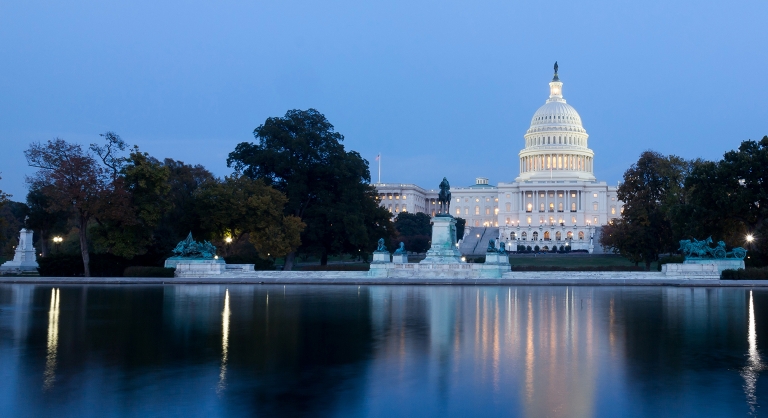Obama’s DOL Fiduciary Rule Fades into the Distance
If you have an account in a retirement plan where you work or you own an Individual Retirement Account, you may get financial advice about the assets in your account from an investment advisor, broker, planner, or insurance agent. You might expect that advisor to give you advice that was in your best interests. But, unless you or the plan in which you participate has a contract requiring the advisor to place your interests ahead of theirs, advisors need not put your interests first so long as the investment they recommend is suitable for you. They would not be required to tell you that the policy you bought on their recommendation had fees paid directly to that advisor. The Obama administration’s Council of Economic Advisors reported in 2015 that account-holders lose $17 billion every year from advice that generates excessive commissions resulting from moving money from one investment to another where fees to the advisor are higher or simply from churning, moving the money around to create trading costs.
The U.S. Department of Labor (DOL) has struggled for years to draft and implement a rule that would require these investment advisors to accept a role as fiduciaries to the plans and IRAs for which they give investment advice. This rule, the Fiduciary Rule, would require that the advisors be guided in their recommendations by the best interests of the retirement plan or IRA account-holder.
The investment industry has generally asserted its support for revisions to the existing 40-year-old rule. It also has found reasons to lobby fiercely against every specific proposal that has emerged. It is fair to say that this regulation would not have seen the light of day in the Trump administration if it had not moved so far through the administrative process. This is one of those policies from which the Republican party generally sees as bad for the economy because it represents cost of the dead weight of excessive regulation.
The Fiduciary Rule was to go into effect on June 9, 2017. It has now been delayed twice and is currently scheduled to become effective on July 1, 2019. If a Fiduciary Rule ever does emerge from the Trump administration it will not be as favorable to individuals and require as much disclosure on the part of financial advisors as this Rule that has been delayed.
Client Tip: What does this mean to you as an employer, a participant in your employer’s retirement plan, or as the owner of an IRA? Employer sponsored retirement plans should require their advisors to accept that they are fiduciaries and to spell out which of their duties are fiduciary duties and which are not. Every IRA holder should ask their advisors if they are fiduciaries. If the advisor demurs, ask why and press for a complete explanation. If they won’t do it, shop around for someone who will, ERISA defines fiduciary in Section 3(21) and the accompanying regulation and further defines an investment manager as a fiduciary in Section 3(38). You should check them out or call us if you want to talk about it.
It’s a jungle out there.
Categorized: Financial
Tagged In: Fiduciary Rule, Financial Advice, Retirement Plan



